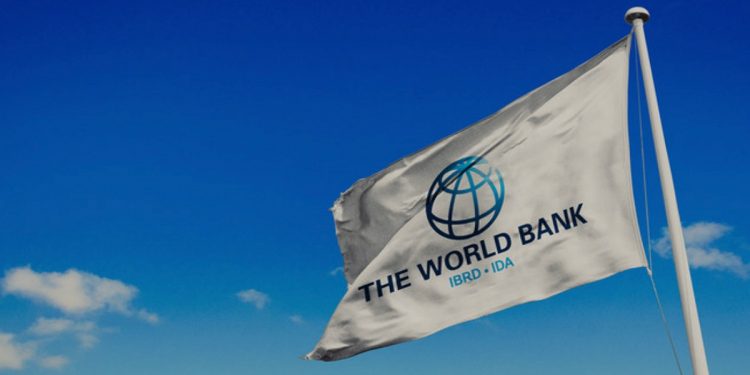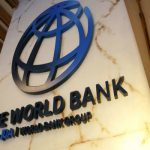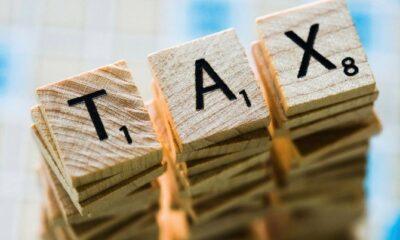The Federal Government is negotiating a $500 million loan from the World Bank to enhance basic education, as part of the World Bank’s HOPE for Quality Basic Education for All initiative. This program seeks to improve learning outcomes and reduce the number of out-of-school children in Africa, with a particular focus on Nigeria.
Expected to be approved by March 2025, the loan is central to Nigeria’s broader strategy to reform its struggling education sector. According to the Programme Information Document (PID), the total project cost is $554 million, with $500 million provided by the World Bank and an additional $54 million from the Global Partnership for Education (GPE) grant.
The HOPE-Education initiative aligns with the Universal Basic Education (UBE) framework, which aims to expand access to early childhood, primary, and junior secondary education. With 17.1 million Nigerian children aged 5-14 out of school, this project addresses the country’s urgent educational challenges, particularly in northern regions, which lag behind in school enrollment compared to the south.
Key components of the loan will focus on improving teaching quality through enhanced training, supporting community-based schools, and providing grants to improve school management and infrastructure. The overall goal is to boost foundational literacy and numeracy skills while integrating data systems to track progress. States will receive performance-linked grants to address local challenges, offering flexibility in designing projects under the Programme-for-Results financing model.
This initiative is part of Nigeria’s Human Capital Development strategy, aiming to build an educated and productive workforce by 2030. In addition to improving school attendance, the HOPE-Education project also targets gender disparities and seeks to increase enrollment in underserved communities.
The broader HOPE initiative includes two other related projects: HOPE-Governance, which focuses on enhancing financial management and recruitment in education and healthcare, and HOPE-Primary Health Care, which aims to improve the quality of healthcare services. Both were recently approved, with $500 million for HOPE-GOV and $570 million for HOPE-PHC.
As part of ongoing reforms, Nigeria has secured a total of $6.45 billion in loans from the World Bank under President Bola Tinubu’s administration. These loans cover a range of sectors, including power, women empowerment, education, renewable energy, and economic stabilization. The World Bank Country Director for Nigeria, Dr. Ndiame Diop, confirmed the institution’s continued support for Nigeria through both financial assistance and technical expertise.
Nigeria’s debt to the World Bank has significantly increased, making it one of the top three debtors to the International Development Association (IDA) as of June 2024, with $16.5 billion owed. Despite the rising debt, the World Bank continues to partner with Nigeria in addressing critical development challenges across multiple sectors.
Approval for the HOPE-Education project is expected in early 2025, complementing existing initiatives like the National Home-Grown School Feeding Programme, which reduces financial barriers for parents and encourages school attendance across the country.










